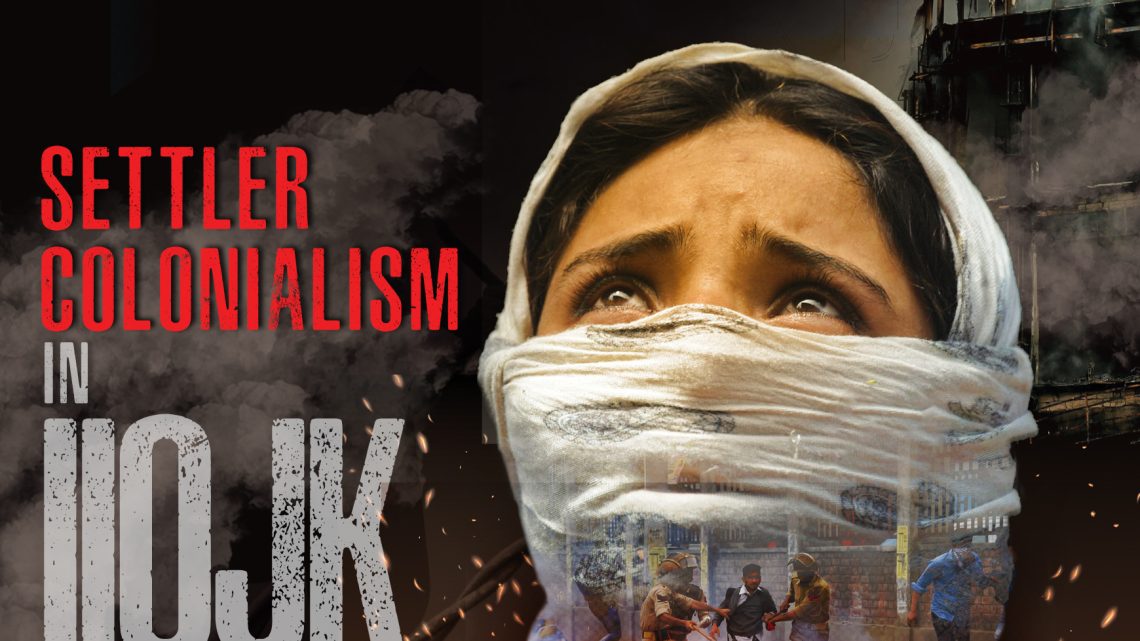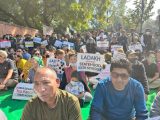
The Fallout of Article 370: India’s Drive for Settler Colonialism in IIOJK
October 19, 2024India has long adopted a colonial mindset toward Indian illegally occupied Jammu and Kashmir (IIOJK), rooted in the subcontinent’s partition in 1947. The arrival of Indian troops in Srinagar on October 27, 1947, marked the beginning of this oppressive occupation, completely disregarding the aspirations of the Kashmiri people.
Critics assert that under Modi-regime, this colonization has intensified. The illegal revocation of Article 370 on August 5, 2019, is viewed as a pivotal move in the BJP’s ongoing agenda. This action is not merely administrative; it is part of a systematic effort to reshape the region’s identity.
The Bharatiya Janata Party (BJP), along with its ideological ally, the Rashtriya Swayamsevak Sangh (RSS), aims to alter IIOJK’s demographic landscape fundamentally. This isn’t a random policy shift; it is a calculated strategy to establish a settler colonialism framework.
Analysts draw alarming comparisons between India’s actions in IIOJK and the Zionist regime’s policies in Palestine. Both cases involve the imposition of new laws aimed at facilitating the settlement of outsiders at the expense of local populations. The revocation of Article 370 is viewed as a vehicle for allowing non-Kashmiris, particularly Hindus from outside the region, to settle in IIOJK.
Human rights advocates are sounding the alarm over these developments. They emphasize that such policies violate United Nations resolutions and international law, raising profound questions about their legality. The international community must recognize the severity of this situation and the threat it poses to the Kashmiri people.
The response from the global community has been inadequate, to say the least. As India pursues this settler-colonial project, calls for action to uphold the rights and identities of Kashmiris are growing louder. The blatant disregard for human rights cannot continue unchecked.
This is not just a regional issue; it’s a humanitarian crisis that demands urgent intervention. The people of IIOJK deserve to have their voices heard, not silenced by the oppressive machinery of a colonial state.
As India deepens its grip on IIOJK, the consequences of this colonial approach become ever more apparent. The transformation of IIOJK into a land where local identities are erased for the benefit of outsiders is alarming.
India’s colonial approach to IIOJK is an affront to justice. The international community must act decisively to challenge these oppressive policies. Ignoring this crisis will only perpetuate the suffering of the Kashmiri people and solidify their status as a colonized population.

